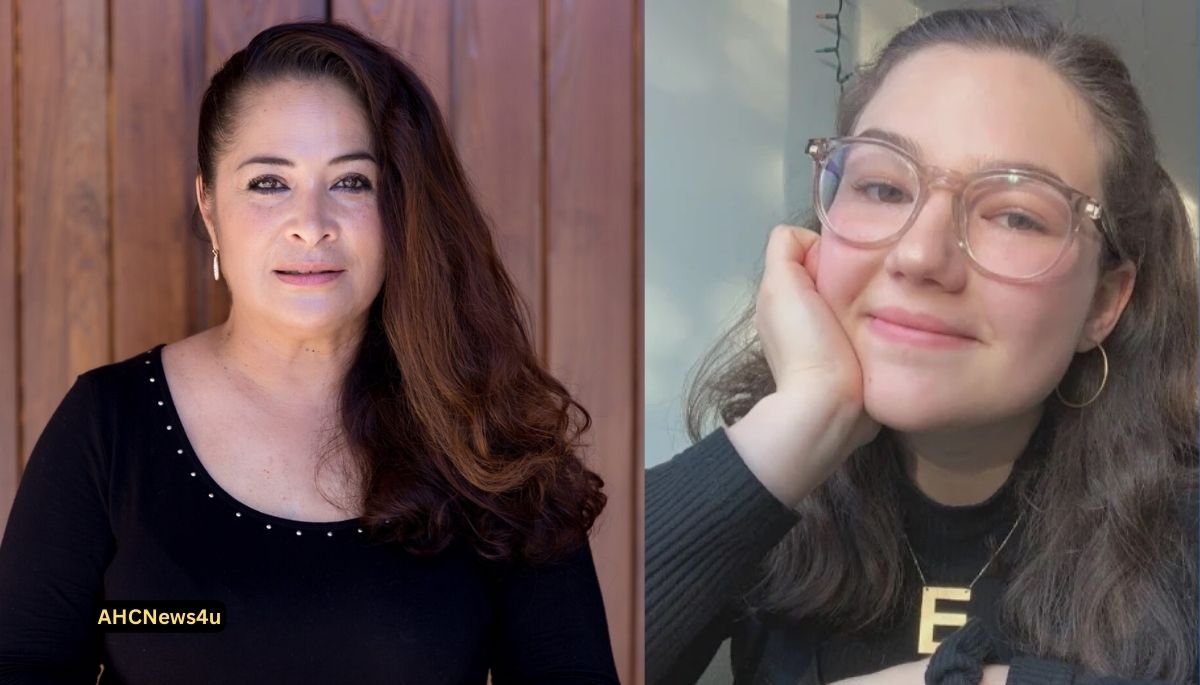USC Dramatists Draw Motivation from Assorted Foundations
The College of Southern California (USC) flaunts a flourishing performance center program, and a huge justification behind its prosperity lies in the rich embroidery of encounters its writers offer that would be useful. USC dramatists draw motivation from assorted foundations, winding around their exceptional social viewpoints, individual excursions, and social perceptions into enrapturing accounts that reverberate with crowds around the world.
This variety isn’t simply an idea; it’s a center rule implanted in the USC theater program’s way of thinking. From playwriting studios to mentorship programs, USC effectively cultivates a climate where writers draw motivation from assorted foundations and feel engaged to share their interesting stories. This obligation to inclusivity brings about an energetic dramatic scene where a large number of voices track down articulation.
USC dramatists draw motivation from assorted foundations, enveloping identity, race, orientation, sexual direction, and financial status. This rich woven artwork is reflected in the subjects investigated in front of an audience. One writer, Maya Rodriguez, who moved from Cuba as a kid, is attracted by her encounters to make plays that investigate the settler experience and the intricacies of social personality. Another dramatist, David Kim, whose family runs a Korean café in Los Angeles, utilizes his experience to make comedic works that mock social generalizations and praise the outsider hustle.

The variety of USC writers reaches out past their encounters. Numerous USC writers draw motivation from different foundations inside the clamoring city of Los Angeles itself. From the lively Koreatown locale to the memorable Hollywood Street, Los Angeles offers a microcosm of worldwide societies. Writers can drench themselves in this blend, drawing motivation from the city’s rich history, different networks, and always advancing social texture.
USC dramatists draw motivation from different foundations, not simply concerning their encounters and environmental factors, but additionally from the immense wellspring of verifiable and contemporary works. The USC theater program accentuates the significance of concentrating on writers from various periods and societies. This openness widens the skylines of yearning dramatists, permitting them to perceive how stories have been told over the entire course of time and how they can be reevaluated for a cutting-edge crowd.
This accentuation on variety stretches out past the composed word. USC dramatists draw motivation from different foundations for the narratives they tell, yet additionally for how they tell them. The program supports trial and error with various dramatic styles and methods, from customary authenticity to additional contemporary structures that integrate mixed media components and crowd interest. This permits writers to track down the best method for imparting their message and guarantee their accounts interface with crowds in a significant manner.
The effect of USC dramatists drawing motivation from assorted foundations is unquestionable. Alumni of the program have proceeded to make extraordinary progress in the entertainment business world, with their plays being arranged on renowned stages across the globe. They are not simply engaging crowds; they are starting discussions, testing viewpoints, and cultivating a more profound comprehension of human involvement with all its intricacy.

Here are a few As often as possible Got clarification on some pressing issues (FAQs) about USC writers and their different foundations:
1. What are a portion of the particular ways USC encourages variety in its playwriting program?
The program offers studios and courses that emphasize playwriting according to a multicultural viewpoint. It likewise gives mentorship the potential to open doors laid out by writers from different foundations.
2. How does the variety of USC writers help crowds?
Crowds are presented with a more extensive scope of stories and viewpoints, cultivating more prominent sympathy and comprehension of their general surroundings.
3. Can you give a few instances of fruitful USC dramatists who draw motivation from their different foundations?
Without a doubt, there are a large number! [Name a particular playwright] and [Name another particular playwright] are only a couple of models.
4. How might I find out about the USC playwriting program?
You can visit the USC School of Sensational Expressions site for nitty gritty data on the program, personnel, and affirmations process.
5. Does USC offer any projects for hopeful writers who are not selected as understudies?
Indeed, the USC School of Sensational Expressions offers various studios and classes for the overall population.
6. What are a portion of the difficulties faced by dramatists from different foundations?
Dramatists from assorted foundations might battle to track down chances to have their work delivered or may confront opposition from customary theater establishments.
7. How might crowds uphold dramatists from different foundations?
Go to creations by organizations that feature different voices, and supporters for expanded portrayal in front of an audience.
8. What are a few assets accessible to assist dramatists from different foundations with fostering their art?
A few associations offer awards, residencies, and different assets for dramatists from underrepresented networks.
9. How does the web assist dramatists from different foundations with earning respect?
The web gives a stage for writers to impart their work to a more extensive crowd and interface with likely partners and makers.


Thank you for your sharing. I am worried that I lack creative ideas. It is your article that makes me full of hope. Thank you. But, I have a question, can you help me?